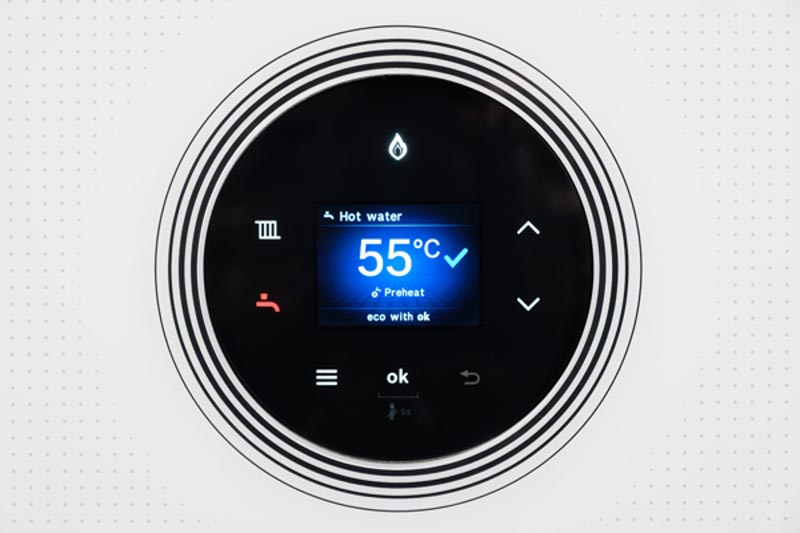A landlord’s gas safety check is an important review carried out by a gas safety engineer, who will check your boiler and appliances to ensure everything is safe and in working order. Find out all you need to know about these tests, and who needs them, in our guide below.
What is the difference between a landlord’s gas safety check and a boiler service?
While similar in some respects, a gas safety check is not to be confused with a boiler service. A boiler service focuses primarily on the boiler itself and involves an engineer checking that everything is in working order and doesn’t need repair, which helps increase the longevity of the boiler.
A landlord’s gas safety check, on the other hand, is far more focused on the safety of your boiler, gas pipes and other connected appliances, it involves checking that everything is safe for use.This test is also a legal requirement if the property is rented out, or even if it is just a room you rent out.
However, it’s important to note that it isn’t a case of simply choosing either a boiler service or a landlord gas safety check. Both are important pieces of work, carried out to ensure your boiler is fit for operation and working as effectively as it can. If you have a landlord’s gas safety check done we can service the boiler at the same time, giving you peace of mind that both have been conducted to ensure your boiler is fit for use.
What is checked on a landlord’s gas safety check?
Due to being far more focused on the safety of your boiler and appliances, a landlord’s gas safety check involves checking a number of common areas that are likely to cause safety issues should they be left unchecked.
One of the first areas checked by a gas safe engineer is the pressure in your boiler. If it’s too low your boiler will struggle to circulate water.
Most modern boilers are equipped with a pressure release valve, which automatically reduces the pressure in your boiler should it get too high. However, if left unchecked this valve can become damaged or broken, meaning the device is unlikely to work when it needs to. A gas safety check will involve checking the pressure, ensuring it doesn’t get too high when in operation.
Outside of the boiler’s pressure, a gas safety check will also involve monitoring the burner in your boiler to see if it is burning the gas correctly. Incorrect burning can sometimes cause the products of combustion to have high levels of carbon monoxide.
The boiler safety devices are also checked to make sure they are shutting the gas off when activated. Any other safety devices the boiler may have will also be tested, including the seals on boilers and if any chimneys flow correctly outside.
Here at Aquaheat, we also carry out a pressure drop test to ensure the gas pipe is not leaking throughout the property; all gas appliances owned by the landlord in the property are checked in this way.
How often should you have a gas safety check?
For homeowners, services should be conducted annually by a qualified gas safe registered engineer, to ensure everything is safe to use for those occupying the household.
However, if you’re a landlord then it is a legal requirement to conduct an annual gas safety check on all your properties provided to tenants within 12 months. A gas safety engineer will provide you with a gas safety certificate upon completion of a successful gas safety check, which can then be given as evidence to a tenant.
For peace of mind, Aquaheat gives free auto reminders via email and text, this way you can relax knowing you will have 30 days’ notice to get the check carried out.
How long does it take to do a gas safety check?
We understand boiler checks and repairs can be intrusive at times, which is why we work efficiently and diligently while ensuring everything is checked correctly.
An average gas safety check should only take between 20 and 40 minutes. However, should we come across anything that needs urgent attention, the check may take longer to ensure your boiler is still safe to use.
For more information on gas safety checks and to book your own, contact us today.

